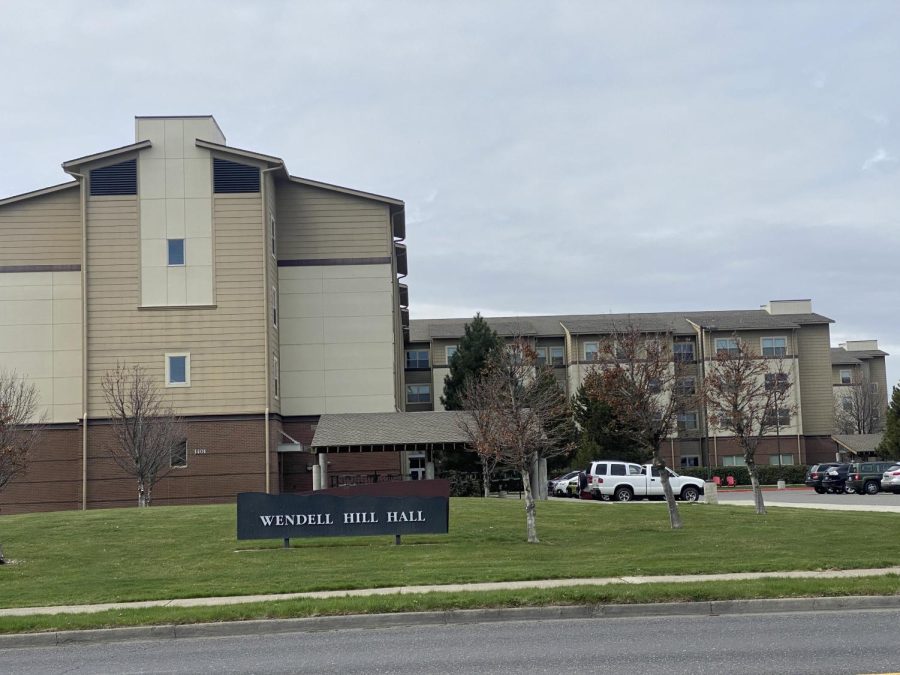CWU is still seeing low dorm occupancy after COVID
April 26, 2023
Residence hall occupancy on the CWU Ellensburg campus towards the end of the academic year is still below administration expectations, impacting staff in both housing and dining.
According to records obtained by The Observer, there were 2,054 students living in the residence halls in fall 2021 versus 2,143 in fall 2022. That represents a year-on-year increase of 89 students, but still 1,000 fewer residents than pre-COVID levels, which were around 3,000, according to Tricia Rabel, executive director for Housing and Residence Life.
CWU is still not at the expected occupancy that it had hoped to be, according to Joel Klucking, CWU chief financial officer and vice president of finance and administration.
“We have lots of available vacancies in our residence halls,” Klucking said. “It’s much healthier if we can get to that 90 to 95% occupied state. That’s where we get the most revenues that are able to be put back into the building systems.”
Where the Money Goes
According to Klucking, housing fees coming from students support the operations of both housing and dining. They pay for their cooks, food, resident assistants and all the other employees in housing and dining.
If there is money left over at the end of the year, Klucking said that goes into repairing the buildings.
Because there are fewer student housing fees coming in, Rabel said that CWU housing had to leave positions vacant and not hire new people.
“We’ve looked at that staffing and decided that [is] the right amount of people to bring back,” Rabel said. “We don’t have as many RA’s [Resident Assistants] as we used to because we don’t have as many students as we used to.”
With fewer students on campus, there is also less funding going into utilities, insurance and maintenance, so Rabel said housing has to be very careful about how they use their funds.
According to Rabel, Kamola, Sue Lombard, Barto, Wendell Hill A and B, and Dugmore residence halls are all bonded, and the mortgages are still being paid into.
“When we have less students to pay into that base, our mortgage doesn’t go down,” Rabel said. “We still have all the same amount of square footage on campus. But we don’t have as many students that are paying.”
Rabel said they also had to cut their programming and travel budget.
“We haven’t been sending professional staff to conferences or to train to help them better themselves and better the way they serve students,” Rabel said.
According to Rabel, the hope is that these effects are short-term and that they will be able to build traveling back into their budget in the future.


